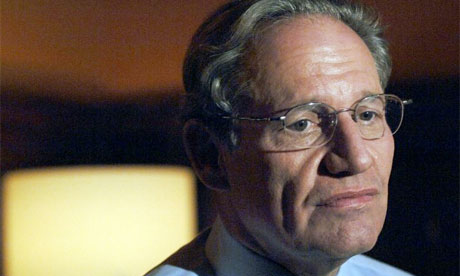There are numerous travesties defining the ongoing prosecution of accused whistleblower Bradley Manning, but none more dangerous than the accusation that by leaking classified information, he "aided and abetted the enemy" (al-Qaida) -- a capital offense. Not even the government claims he intended to help al-Qaida. The theory is that, even though it was not his intent, the information Manning disclosed may end up being of value to the terrorist organization: a claim that applies to virtually every leak of classified information to any media organization, thus transforming standard whistle-blowing into the equivalent of treason.
In late September, I wrote about documents obtained from the Air Force relating to an investigation of a systems analyst suspected of communicating with WikiLeaks and Julian Assange. The documents listed the suspected crime as "Communicating With the Enemy" under Article 104 of the Uniform Code of Military Justice -- almost certainly the same theory the government is employing in an attempt to put Bradley Manning in prison for life. I wrote then about why this theory poses such a towering threat to investigative journalism:
"It seems clear that the US military now deems any leaks of classified information to constitute the capital offense of 'aiding the enemy' or 'communicating with the enemy' even if no information is passed directly to the 'enemy' and there is no intent to aid or communicate with them. Merely informing the public about classified government activities now constitutes this capital crime because it 'indirectly' informs the enemy.
"The implications of this theory are as obvious as they are disturbing. If someone can be charged with 'aiding' or 'communicating with the enemy' by virtue of leaking to WikiLeaks, then why wouldn't that same crime be committed by someone leaking classified information to any outlet: the New York Times, the Guardian, ABC News or anyone else? In other words, does this theory not inevitably and necessarily make all leaking of all classified information -- whether to WikiLeaks or any media outlet -- a capital offense: treason or a related crime?"



